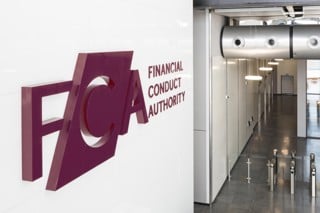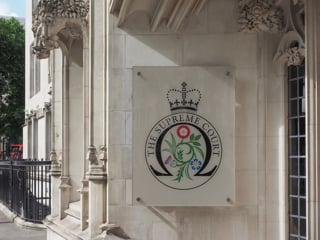Fears that a prevalence of Personal Contract Purchase plans (PCPs) could see the motor industry spark a crash similar to that of the US mortgage crisis have been aired after new business in the point of sale (POS) consumer car finance market grew 12% by value and 8% by volume in 2016.
New business was up 3% by value and down 3% by volume in December, compared with the same month in 2015, figures released by the Finance & Leasing Association (FLA) show.
POS consumer new car finance was up 1% by value and 8% lower by volume in December, 2016, compared with the same month in 2015.
In 2016 as a whole, new business grew 12% by value and 6% by volume.
Nine out of 10 private new car buyers relied on a PCP agreement as the monthly payment option drove record new car sales.
Some industry commentators fear sub-prime lending could catch customers out in an economic climate where currency fluctuations and the effects of Brexit could prompt a fall in residual values.
Speaking to The Guardian, Andrew Evans, a fund manager at investment firm Schroders, said “borrowing is a very bad idea when it is done against a depreciating asset”, adding that there was a “serious level of fragility built into the system”.
The FLA’s head of motor finance, Adrian Dally, argued that the market was “stable”, however, adding: “I think people are acutely aware of what happened in 2008. Back then credit and liabilities were held by people who didn’t know who they had loaned to, but that isn’t the world we live in now.”
AM asked Dally why potential barometers of the finance industry’s health, such as default rates, were not published by UK car finance providers.
He said: “They are details that the FLA doesn’t hold. It’s not as though there is no transparency.”
The percentage of private new car sales financed by FLA members through the POS reached 86.6% in 2016, up from 81.4% in 2015.


















Login to comment
Comments
No comments have been made yet.